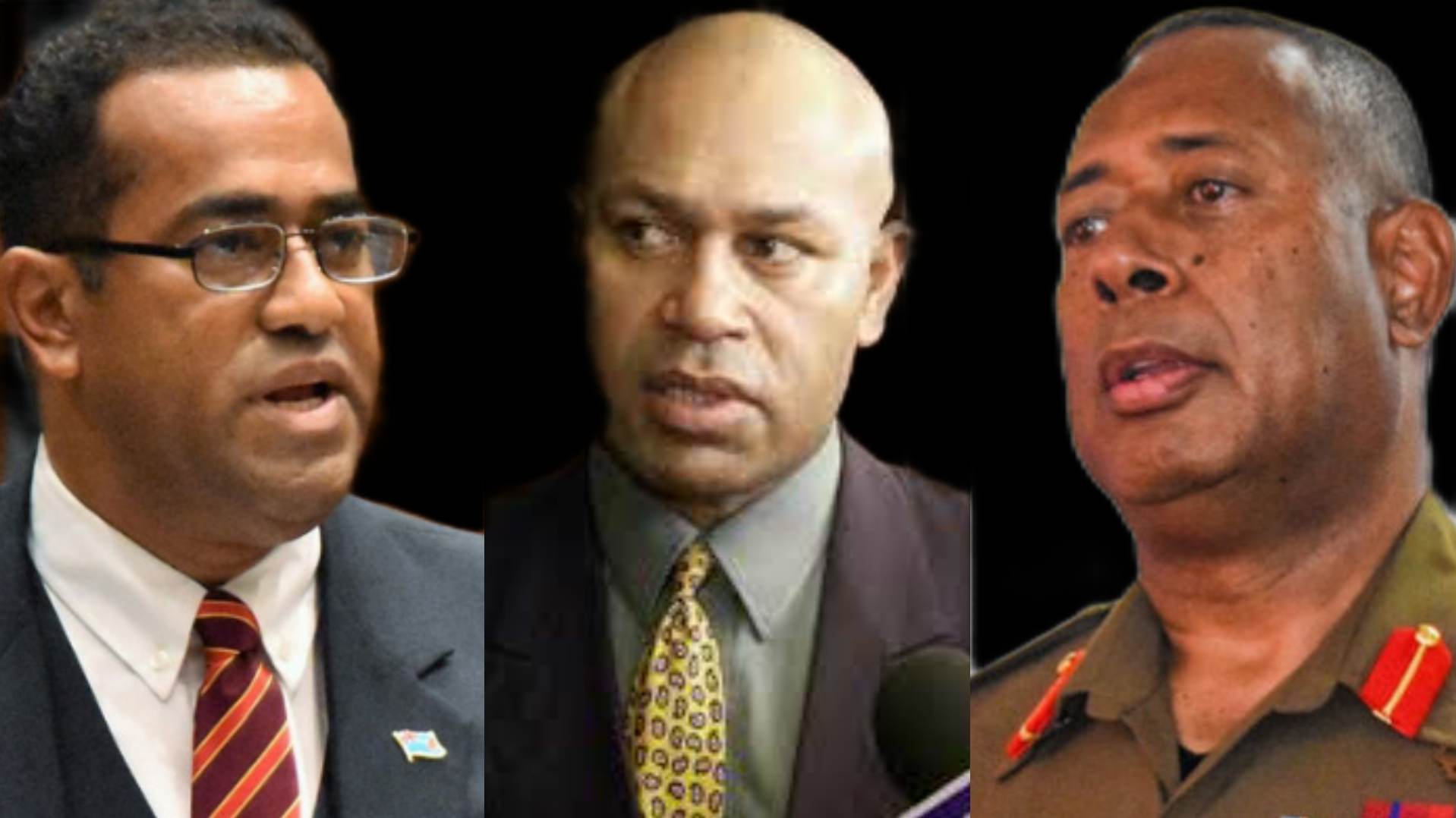A petition for mercy is a recourse available to all persons convicted, not just a few. Acting Home Affairs Minister Filimoni Vosarogo said this as he stressed the initiation of a petition by a prisoner “did not automatically mean a release”.
In a statement, Mr Vosarogo said Republic of Fiji Military Forces Commander Major General Ro Jone Kalouniwai had raised concerns on the application by 2000 coup-maker George Speight and others for presidential pardon.
He said he assured the RFMF Commander that Government would “hear his views, work with him and reference his opinions on issues of national security”.
Mr Vosarogo said in the assessment of a petition, various considerations must be considered before the recommendation was taken to the President for the exercise of his powers.
“The fact that George Speight and others may have already applied for presidential pardon is just one part of the process,” he said.
“Launching a petition requires a rigorous process of examination of character and rehabilitation.
“Further, the Constitution has safety gauges to ensure that no one received pardon who doesn’t deserve pardon.”
Mr Vosarogo said the Mercy Commission must receive report of the trial judge or the Chief Justice (if the former was not available) and the views of the victims should also be considered.
“On the latter, I am sure that there would be wider consultation with security institutions who have had to bear the cost of the petitioner’s criminal actions.
“Further, the Mercy Commission may choose to dismiss a petition if it considers the application as frivolous, vexatious and without merit.
“The process above must be followed to the detail.
“In the meantime, the Government will continue to liaise closely with the RFMF and the Fiji Police Force on law and-order issues where necessary support is needed and receive advice from them on issues where it is needed.”



